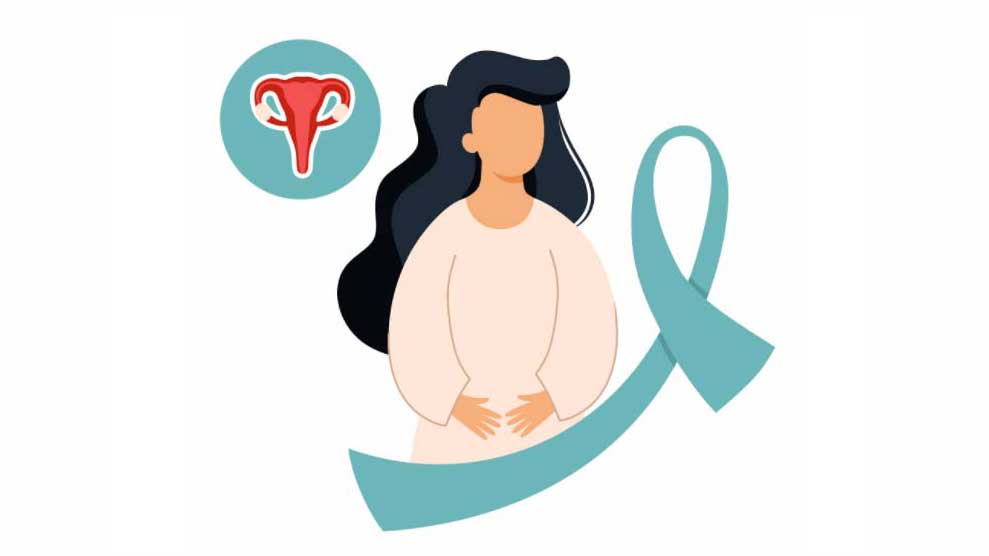February is Ovarian Cancer Awareness month, so let’s talk about it.
In Australia, women that are diagnosed with ovarian cancer have a 46% survival rate, compared to the 91% survival rate of women diagnosed with breast cancer. Unfortunately, this is because the signs and symptoms of ovarian cancer are sometimes non-existent or barely noticeable. This drastically low survival rate is also because there is still no test for ovarian cancer.
What are the risk factors?
- Genetics: The risk of developing ovarian cancer if a female blood relative has had it is greatly increased. Specifically for women who have inherited mutations of the BRCA1 or BRAC2 genes. You are also at greater risk of developing ovarian cancer if someone in your family has had colon cancer or breast cancer.
- Women who have had children in their late 30s or 40s or women who have never had children
- Aging
- Using hormone replacement therapy
- Diagnosed endometriosis (tissue that lines the inside the uterus, grows outside the uterus)
- Smoking
- Being overweight or obese
- It is usually hard to know how much a risk factor will contribute to the development of ovarian cancer but if you have already ticked a few things off this list, it’s important to speak to your GP about it.
Signs and symptoms:
Ovarian cancer is incredibly hard to diagnose until it’s fatally discovered because the signs and symptoms are very similar if not the same as other medical conditions, or even just getting your monthly period.
This is why ovarian cancer awareness month is so crucial because if you have noticed a few of these signs, it’s a great time to have more of an investigation with your doctor into the cause of these symptoms.
These symptoms might include:
- Unexplained fatigue
- Changes in bowel movement (such as constipation) Lower abdominal or pelvic pain
- Loss of appetite, feeling full quickly or indigestion Changes in the frequency or urgency in urination
- Unexplained weight loss or gain
If you are experiencing any of these symptoms, especially if they are persistent, you can ask your GP for a general or pelvic examination or if you are really concerned, ask them for an ultrasound and some blood tests.
There is a lot we do not know about ovarian cancer. More research is key. You can wear a blue ribbon to help spread awareness about ovarian cancer and raise money for much-needed research, and support for the brave women that are diagnosed. So, let’s bring ovarian cancer to light and start by having at least one more conversation about it with either your mum, your sister, your grandmother, or your friend. This could make a real-life difference.






